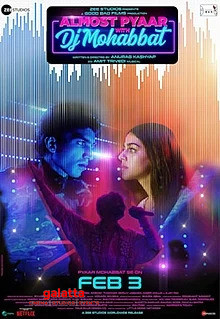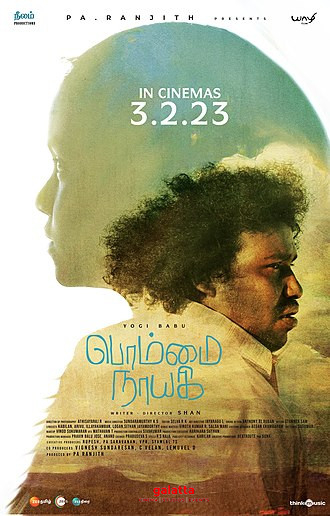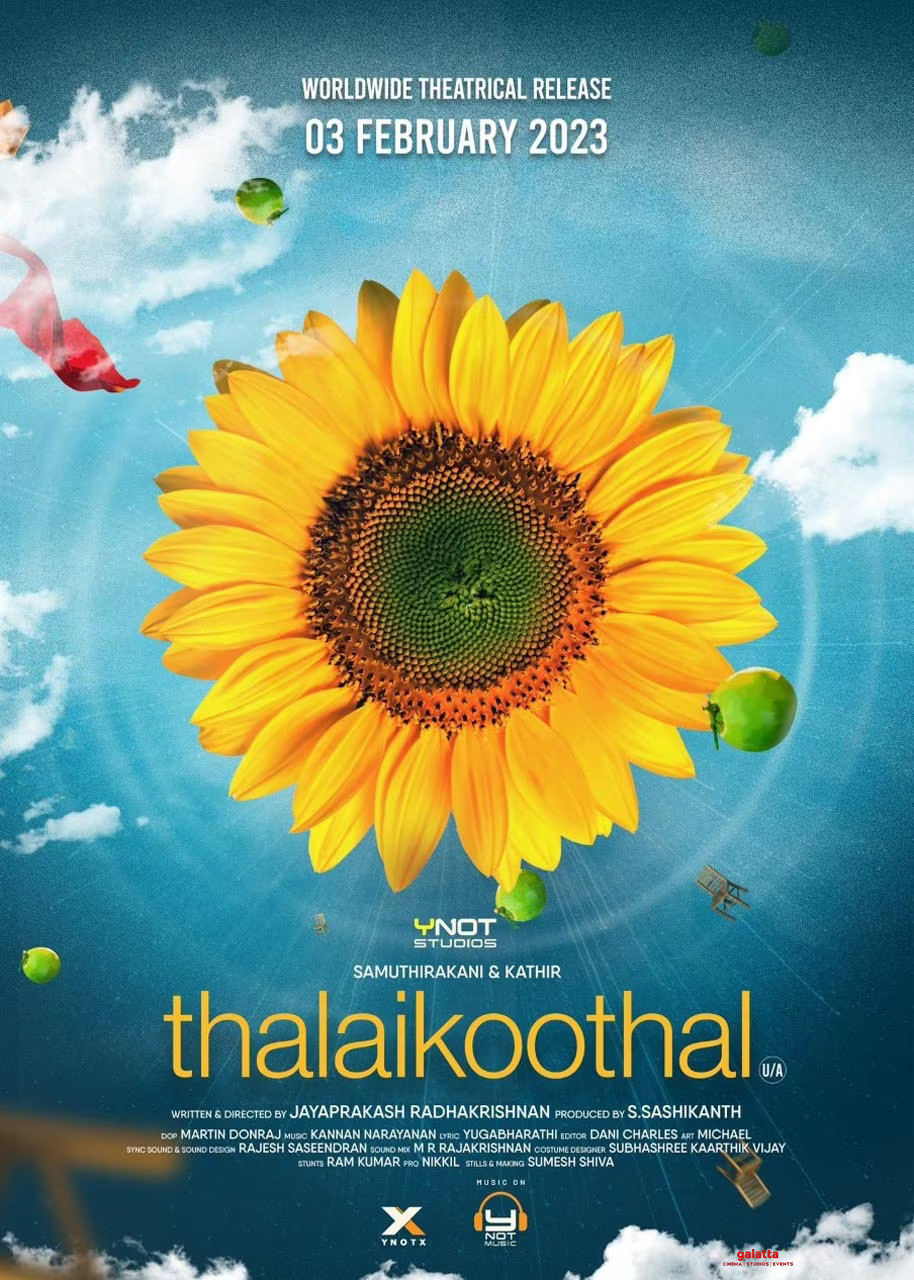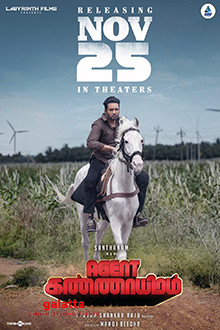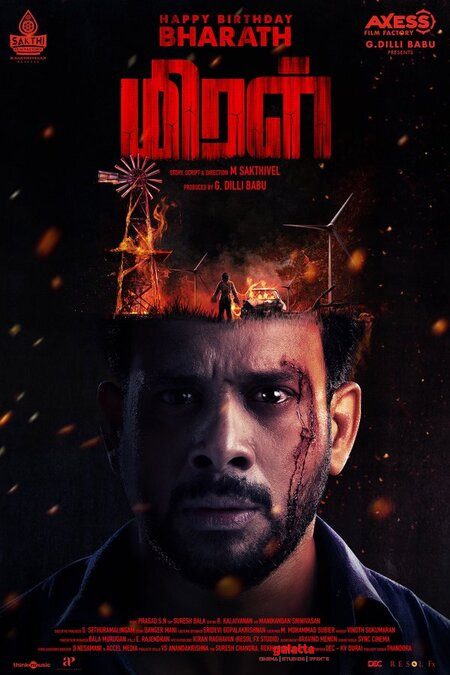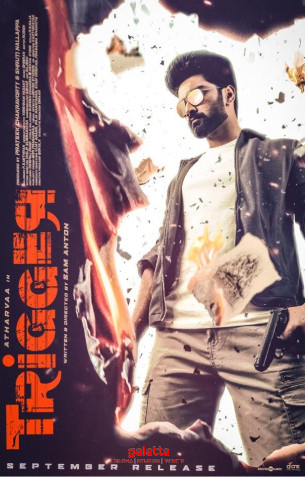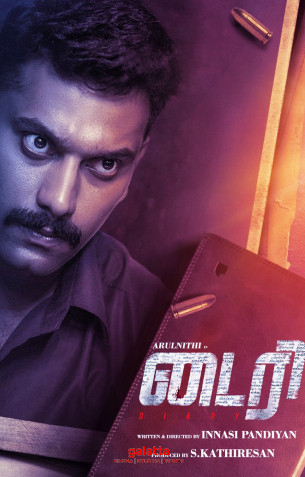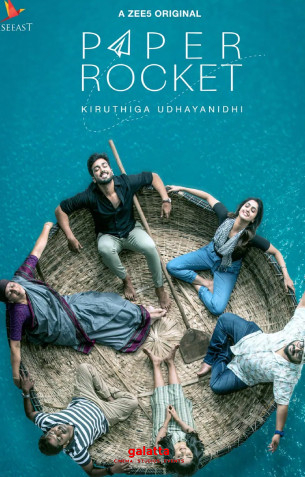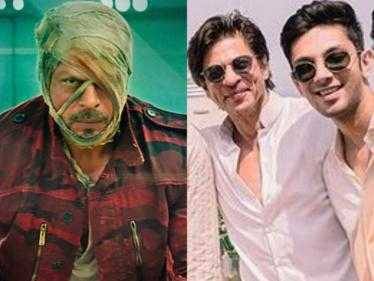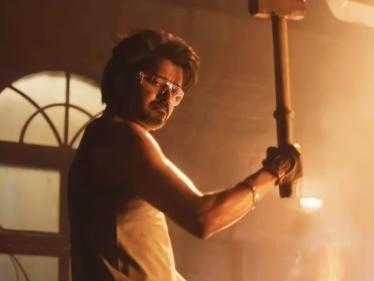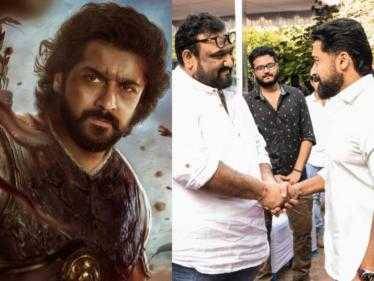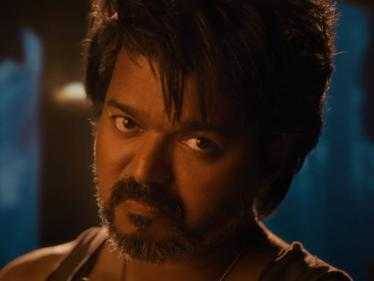Faraaz Movie Cast & Crew
Hansal Mehta follows Shahid and Omerta with another real-life story about the politics of being Muslim – though this time, the interrogation is structured around an incident rather than a single person. Well, let me rephrase that. The title of the new film, Faraaz, does refer to the character played by Zahan Kapoor – but the narrative is not about him. The screenplay is based on the book Holey Artisan: A Journalistic Investigation, by journalist Nuruzzaman Labu, which details the July 2016 attack on a posh Dhaka restaurant. The attackers were Muslims out to eradicate "kafir-s", and the film is a kind of dialogue between the liberal, moderate Muslim represented by the likes of Faraaz, and the hate-filled terrorists headed by Nibras (Aditya Rawal). Both men are in their twenties, and when they square off, the discussion moves to a new generation.
The early scenes set up the attack. We see the preparations from the terrorists' point of view, whose handler is later revealed to be an ordinary man working in an ordinary job. This is possibly the most chilling aspect of the whole scenario: that you never know who is planning what around you. He tells the group, early on, "Prove that your generation is not a waste." At the other end, we see a very rich and very powerful family. The mother (Juhi Babbar) is upset that she cannot spend Eid with her family because her sons have delayed the process of applying for a visa. There's more drama. One of those sons, Faraaz, is being pressured to go to Stanford, while what he wants is to stay back in Bangladesh.
The jittery film that follows is extremely well-shot by Pratham Mehta, superbly stitched together by editor Amitesh Mitesh Mukherjee – but there are zero surprises in the drama. As the document of an event, Faraaz works just fine, but it never answers the question: What does it do that a film like, say, 'Hotel Mumbai' didn't? This is not criticism. It takes a sure directorial hand to recreate the atmosphere of panic and fear the victims felt, along with the animalistic behaviour of at least one attacker. It's also scary that – on both sides – we see young Muslims who use chill words like "bro". The attackers may be hardliners, but this generation has assimilated into the rhythms of the new world. Meanwhile, the cops outside say, "Let's show these pigs what Bangladesh thinks of them."
As a pure reenactment of a tragedy, Faraaz works – there's an especially tense stretch when a man is discovered to be Hindu. And Aditya Rawal, son of Paresh, gives a star-making performance. He's wiry and intense, and he gets to show shades his cohorts aren't because his character is written with a bit of nuance. But I would have liked to know more about what made Nibras Nibras. How did a cool dude like this get to a point where he believes that a special place in jannat awaits him? By showing both Nibras and Faraaz as fully developed individuals – with fully formed thought processes – the line between them is already drawn before the attack. Thus, when it's time for their big conversational face-off, neither Nibras nor Faraaz make points that are particularly new or enlightening. "Tum jaison se apna Islam vapas chahiye," Faraaz tells Nibras. It might have helped to show what kind of Muslim this privileged prince was before the events of this fateful day. I wondered how much more powerful the film might have been had it not just been about the day of the tragedy but also about the days leading up to it, and about these young Muslims struggling with their faith.


